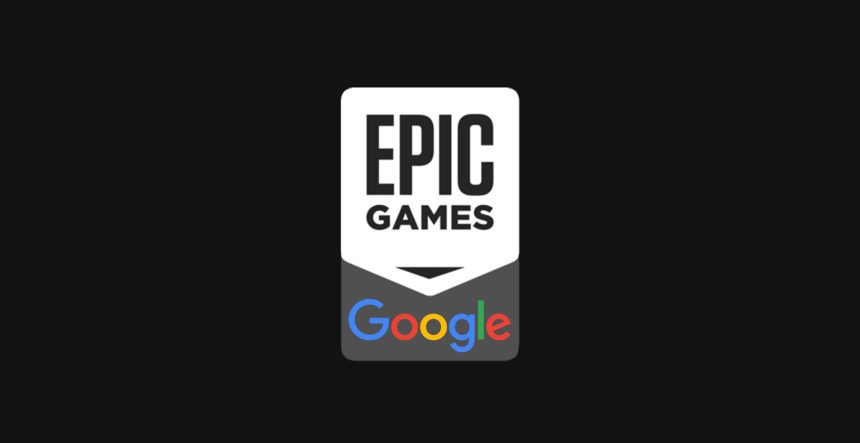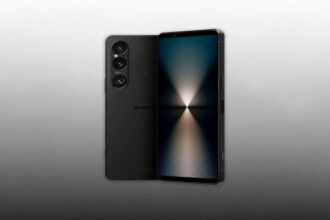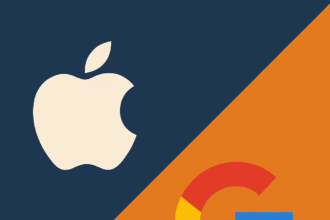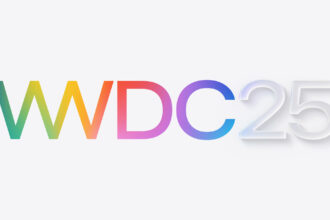On Monday, a jury delivered a unanimous verdict favoring Epic Games over Google in an antitrust case that may reshape the app marketplaces. The conclusion marked the end of a long three-year legal battle between the two companies.
Epic Games, the creator of the widely popular online multiplayer game Fortnite, initiated the lawsuit against Google in 2020, contending that the tech giant’s app store practices go against federal and California state antitrust laws.
This legal confrontation was just one side of Epic’s high-profile campaign to mobilize app developers of varying scales against the entrenched gatekeepers of mobile software, that is Apple and Google. The focus of Epic’s dispute with these tech giants revolves around Fortnite, a free-to-play game accessible on nearly every software platform, despite ongoing controversies surrounding the App Store and Google Play.
Epic’s primary argument centers on the alleged antitrust violations committed by Apple and Google, accusing them of compelling app users to make payments exclusively through their designated systems and subsequently claiming a substantial portion of in-app revenues. In response, Apple and Google often cite security concerns as justification for directing app users toward a centralized software authority.
While Apple and Google differ in their approach to third-party apps—iOS prohibits them, while Android allows “sideloading” of apps—and installing external apps on Android is not as straightforward as downloading from the Google Play Store.
Despite the seemingly less restrictive ecosystem of Google Play, Epic emerged victorious in its legal battle against the platform. Epic Games celebrated the verdict, asserting that it signifies a triumph for app developers and consumers worldwide, highlighting Google’s app store practices as illegal and indicative of an abuse of monopoly power.
Epic also commended regulatory initiatives such as the UK’s Digital Markets, Competition and Consumer Bill, and the EU’s Digital Markets Act, expressing hope for additional limitations on the dominant software practices of both Apple and Google.
In response to the verdict, Google’s VP of Government Affairs & Public Policy, Wilson White, confirmed the company’s intention to appeal, emphasizing that Android and Google Play provide more choice and openness than other major mobile platforms. He reiterated the company’s commitment to defending the Android business model and its broader ecosystem.
The parallels between Epic’s legal battles with Google and Apple are evident, with Epic taking a similar stance against both tech giants. While Apple secured a mostly favorable ruling in a previous case, Epic’s campaign against Apple is ongoing, with both parties seeking Supreme Court intervention.
Epic’s battle with Google dates back to 2018 when the company directed Fortnite players to direct downloads, bypassing Google’s Play Store. Despite releasing Fortnite on Google’s official app marketplace in 2020, Epic criticized the company for discouraging users from downloading third-party apps. Presently, Fortnite is no longer available on Google Play, and its installation on iOS devices through the App Store is prohibited.
While an appeal from Google is anticipated, Epic is reveling in its unexpected victory in court and the recent successful launch of Lego Fortnite, which attracted over 2.4 million concurrent players last week. The multi-front battle waged by Epic against tech giants continues, ensuring that the saga is far from over.














